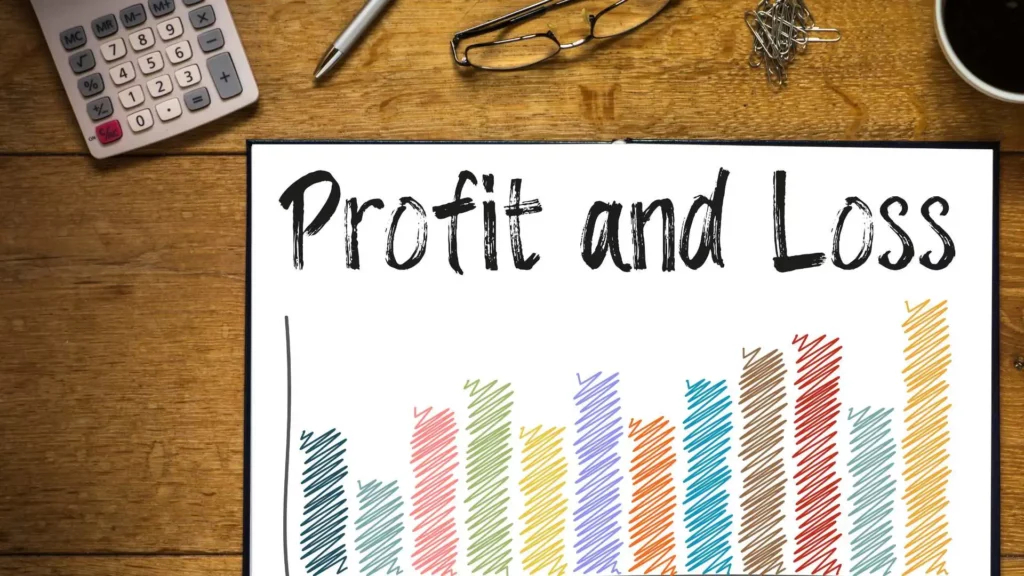Investing money is a crucial part of buying a home or saving for retirement. There are various instruments available to save money and get returns, one of which is a Certificate of Deposit (CD). This instrument provides a stable return over a period of time and the best part of that is that the investments are secured federally. Want to know how much a CD pays, how you can invest in them, what are the rate of returns, and more? Read this article!
The Average Return on a CD
The interest return on a CD differs from bank to bank. But if you invest money for the long term, a good return is guaranteed. Everything comes at a cost, so to get more return you have to let go of the current access to your money. Your money gets locked in when you invest in a CD and thus many financial organizations also provide higher rates for a large amount. For instance, locking money via a CD of $7,000 would obviously give you a higher rate than investing $700.
Below are the average rates for Certificate of Deposits prevailing at present.
- 5-year CD: 0.27% APY
- 3-year CD: 0.21% APY
- 1 year CD: 0.14% APY
- 6-month CD: 0.09% APY
- 3-month CD: 0.06% APY
If you want even better rates for CDs, you can open them in an online bank. After online banks, the best options are opening a CD in credit union, and at last in a traditional bank as they typically provide lower returns rate regardless of the amount invested in CDs.
See also about: What to do when your Certificate of Deposit matures
Do Your CD Research
It is always suggested that you research, compare and calculate details related to your CDs. Notice the difference in the lock-in period, interest rates, and earnings after a few years. For example, investing $5,000 in a 1 year CD at 0.14% APY can give you a return of just $7. While investing the same amount in an online bank CD at 0.60% would give a return of $30. The amount would be higher if you invest money for a longer term.
Also, you must check the flexibility that your CD provides such as – Can you withdraw money early? Are there any penalties? It is a very common trait for CDs to impose a penalty for early withdrawal. So make sure that you invest only the excess money. If you think you may need to withdraw money in the near future you can always invest through a CD ladder. It is a tool in which you invest in different CDs of different maturity. So, from time to time, you have access to your money.
Is CD the Right Investment For You?
If You Are Looking To Avenge the Risk
If you are looking for safe investments, a CD is a good option for you. It is also insured federally so your money is safe. Also, the fluctuations are very low compared to equity market investments. In short, it is predictable, safe, and grows your money at a steady pace over a period of time.
If You Want to Invest in Long Term
CDs can be a good investment for you if you are looking to invest money for the long term. As that leads to a higher return. So, if you have idol money, invest them here. Even if you want to invest for the short term, there are various options for CDs, but the drawback is lower interest rates.
FAQs
1. How Much Can You Earn via a CD?
Your earnings in a CD depend on the financial institution you choose along with the investment amount and period of investment. A $5,000 in a 1 year CD at 0.14% APY can give you a return of $7. While investing the same amount in an online bank CD at 0.60% would give a return of $30. Whereas if you invest $8,000 for 1 year at 0.65% in an online bank CD, you can get $52.
2. Is Investing in a CD Good?
Indeed it is a good investment because the risk is low and the return is guaranteed. Compared to other investment instruments such as equity, you will get a predictable return. It is also secured Federally, so your money is also safe.
3. Are There Any Chances of Loss in Cds?
Typically, the chances are very low for you to lose your money by investing in a CD. but if you withdraw any amount before maturity, you will need to pay a penalty which can be equal to your interest earned. And with that, in the end, you would have the same amount with no profit.

























